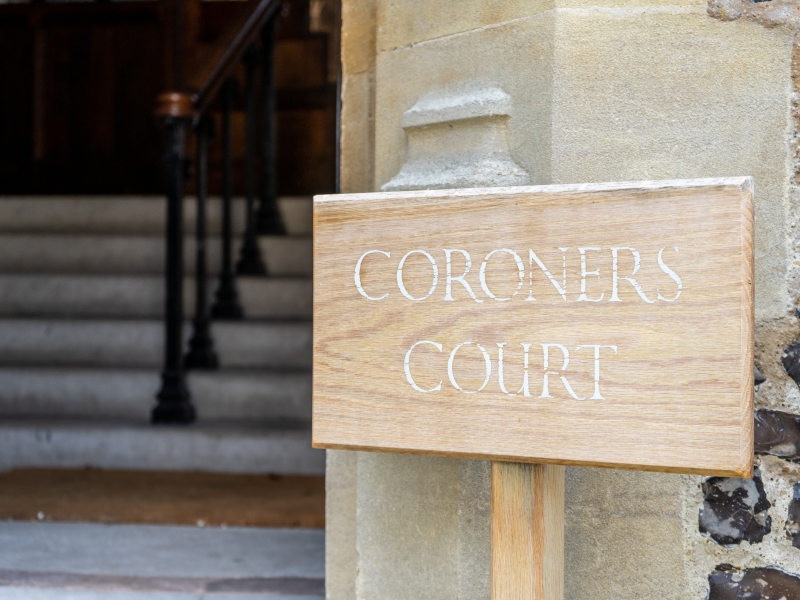
Almost all charities are at risk of a messiah complex
Comic Relief’s decision to stop producing ‘white saviour’ appeal films is a positive step for an organisation that does great work, but is clearly alive to the risks of the messiah complex. It should inspire other charities to have a period of self-reflection about their culture, too.
In all but a few exceptional cases, the UK’s charities are rightly seen as world-class in the way they carry out their missions, uncovering and mitigating the uncomfortable truths that the rest of society is too busy, too scared or too selfish to deal with.
But praise for the sector, along with its own pride, passion and the power it has over beneficiaries, can be an intoxicating and potentially dangerous combination.
Slowly but surely, cultures can develop in which volunteers, staff and trustees are blinded by the conviction that the good they do means they can do no harm.
Over time, small transgressions are excused, not spotted or ignored. Outside opinion is not solicited, and self-awareness starts to ebb. Such blind spots then help foster a culture which ends up condoning harmful behaviour such as bullying, institutional racism or abuse.
For all Comic Relief’s positive steps, problems persist in the wider sector.
Bullying allegations, such as those levelled at Unicef UK and Tearfund, remain headline news. Distressingly, so do those concerning sexual exploitation. The government’s recent announcement about how it aims to address the abuse of power dynamics in the aid sector – ‘UK bans sex between government aid workers and recipients to rein in abuse’, as one headline read – reflects an ongoing suspicion that it is incapable of putting its own house in order.
In all these cases the organisations are on the back foot, managing reputational threats as they arise.
Is this inevitable? Do we have to accept bad news as a sad but necessary side effect of the sector being so large, comprising so many complex organisations with many disparate challenges and millions of people to manage?
To an extent, perhaps. But there is also plenty that charities can do to protect their reputation and public trust by not getting into such trouble in the first place.
This starts with developing a clear understanding of the organisation’s culture, which, after all, is a key driver of behaviour – both good and bad.
This is not easy. Organisational culture is a nebulous concept, and those on the inside can find it hard to see how it changes over time, amid the daily grind of getting things done in hugely challenging operating environments.
Even the trustees, who are more removed, may lack the necessary perspective.
But there are ways to do it.
The board should require specific annual reports that track the development of the charity’s culture. This can include information that should be readily available, such as staff surveys; the results of exit interviews; performance indicators and whistleblowing incidents.
If your answer to that final bit is that you have no whistleblowing policy, like a quarter of charities in our 2017 study, then getting one in place must be your first priority.
The annual reports should also include information about how others see the charity. How is the voice of the beneficiary heard? How are changes in stakeholder perceptions measured? What are your suppliers and others you have dealings with saying about you?
All of these change over time, and unearthing the evidence yourself will ensure you can nip any nascent issues in the bud.
Embedding internal challengers can also be highly effective. Is there a specific ‘devil’s advocate’ role on the board? Or perhaps an advisory panel, whose job is to challenge the organisation on what it is doing to promote healthy cultures?
Thinking about how to keep your trustees from getting too cosy with the organisation is important. Holding your own feet to the fire and making public commitments to improvement, as Christian Aid did recently, is another healthy step.
Bravo to them, and bravo to Comic Relief. And well done to those far-sighted, brave souls currently battling internally to encourage transparency and positive cultures in their charities.
This article originally appeared on ThirdSector.co.uk.







